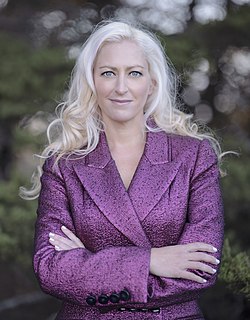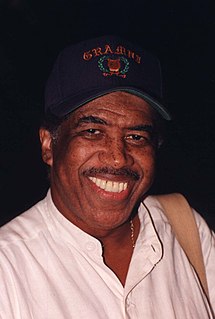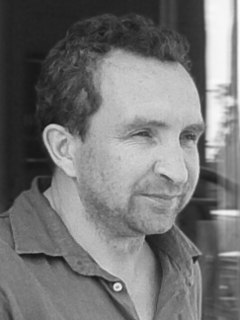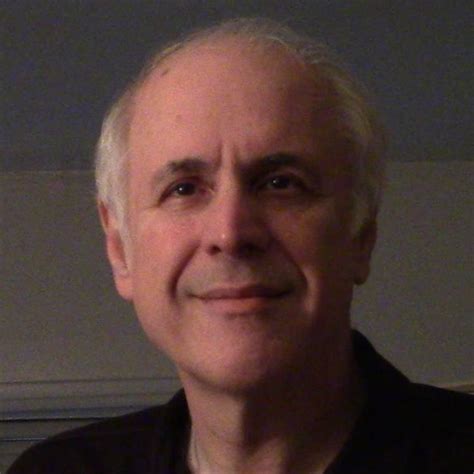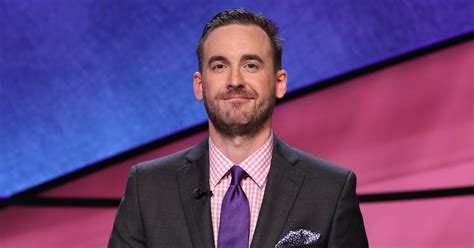A Quote by Guy Kawasaki
High achievers tend to have major weaknesses. People without major weaknesses tend to be mediocre.
Related Quotes
The fact remains that books that really put gay people in the center, and especially books that do so in a way that is sexually explicit, tend not to get a great deal of mainstream attention: they don't tend to sell well, and they don't tend to win major awards. This makes the occasional exception, like Alan Hollinghurst, all the more remarkable.
People abroad always tend to take what the best of what we have and come back through the back door always, say, and hit us with it. And then we wake up one day and say, I think I've heard that. Yeah, it was done by whoever, you know. So, ah, that's been one of our weaknesses we don't tend to hold on as they do there.
If resources become scarce, people tend to fight for them. This is increasing the number of people on the move and the number of people forced to move. They're not refugees, according to the legal definition, but they represent a major humanitarian and human rights challenge, as well as a major challenge for world politics.
I'm even stunned at some of the majors you can get in college these days. Like you can major in the mating habits of the Australian rabbit bat, major in leisure studies... Okay, get a journalism major. Okay, education major, journalism major. Right. Philosophy major, right. Archeology major. I don't know, whatever it is. Major in ballroom dance, of course. It doesn't replace work. How about a major in film studies? How about a major in black studies? How about a major in women studies? How about a major in home ec? Oops, sorry! No such thing.

